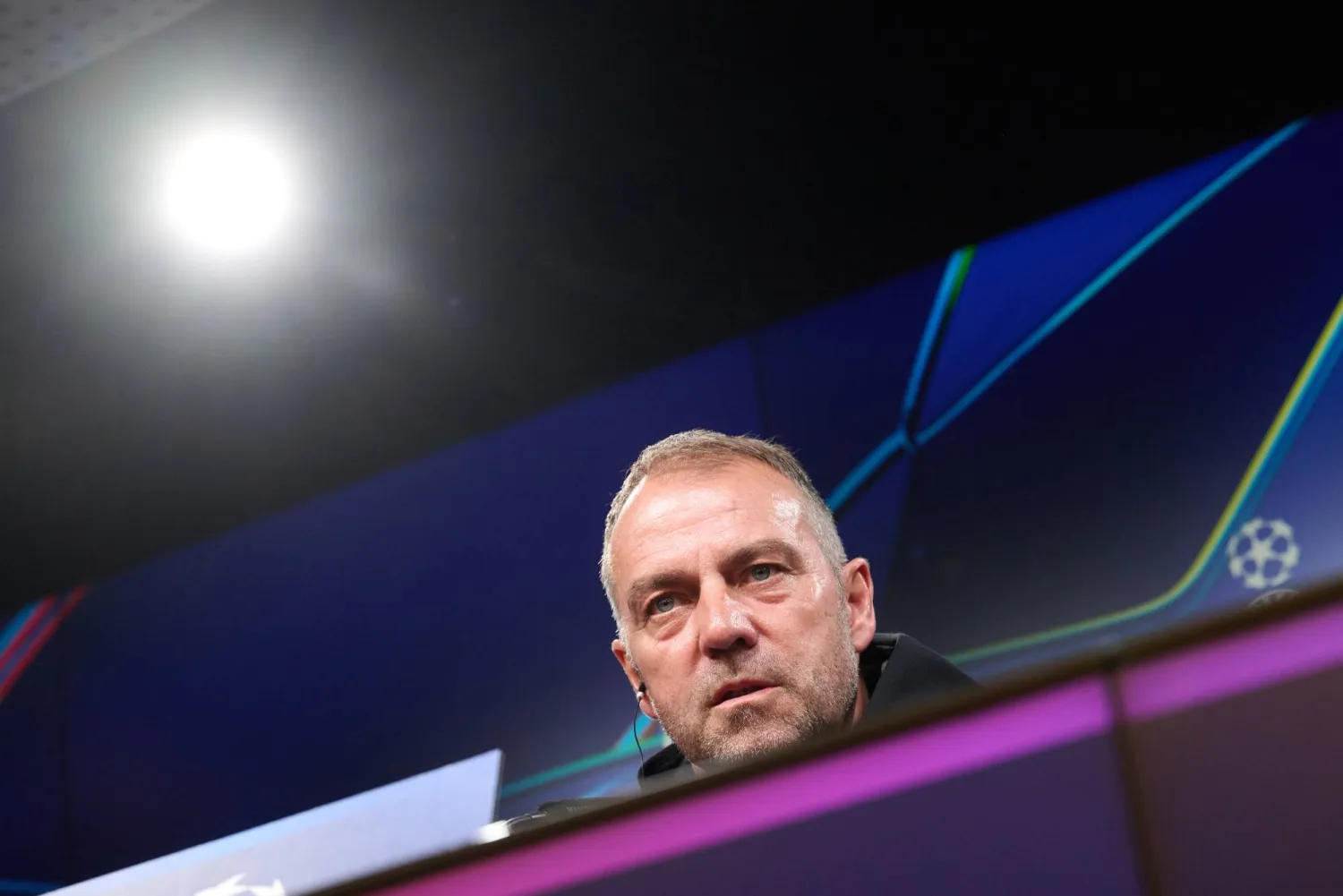Mario Zagallo, who won two World Cups as a player, one as a coach and another as an assistant coach for Brazil, has died, The Associated Press reported. He was 92.
The first person to win the World Cup both as a player and a manager, Zagallo is for many Brazilian soccer fans synonymous with patriotism, grit and glory.
Brazilian soccer confederation president Ednaldo Rodrigues said in a statement in the early hours of Saturday confirming Zagallo's death that Zagallo “is one of the biggest legends” of the sport.
No cause of death was released by the federation or his family.
“We offer solidarity to his family members and fans in this moment of grief for the departure of this great hero of our soccer,” Rodrigues said. Several Brazilian clubs where Zagallo played and coached also expressed their sorrow for his death.
Zagallo’s social media channels called him “a dedicated father, a loving grandfather, a caring father-in-law, a loyal friend, a victorious professional and a great human being.”
“A gigantic hero. A patriot that leaves us a legacy of great achievements,” the text added, without giving more details about Zagallo’s death.
One of the most charismatic and superstitious figures in Brazilian football, he also was known for his fondness of the No. 13 and constant use of the phrase “You will have to put up with me” — voiced loudly at critics.
He said 13 was his lucky number because it carries the last two digits of his birth year: 1931. He always highlighted any link, however coincidental, between 13 and his football successes.
Zagallo played a role in nearly every major chapter in Brazilian football history, from its first World Cup title in 1958 to the tournament it hosted in 2014. Former Brazil coach Tite visited him to hear his advice before taking the team to the 2018 and 2022 World Cups.
He was Brazil’s forward when it won the World Cup in 1958 in Sweden and 1962 in Chile, and one of the first players to act as a false winger, playing between midfielders and strikers.
Zagallo stopped playing professionally in 1965 and began his coaching career with Rio de Janeiro club Botafogo the following year.
Named national team coach in 1970, just before the World Cup in Mexico, he inherited a squad that included Pelé, Jairzinho, Gerson, Roberto Rivellino and Tostão. Brazil crushed Italy 4-1 in the final, becoming the first three-time champion.
He also coached Brazil in 1974, but without Pelé, the team finished in fourth place.
Zagallo was assistant coach to Carlos Alberto Parreira when Brazil won the 1994 World Cup in the United States, again beating Italy in the final.
And he was back at the helm four years later for the World Cup in France, when Brazil lost 3-0 to the hosts in a final marked by striker Ronaldo’s unexplained convulsions before the game. Zagallo was criticized for letting Ronaldo play.
“He was cleared to play by the doctors,” Zagallo said. “Anyone in my position would have done the same thing. I wasn’t going to be the one keeping him from playing in a World Cup final.”
According to AP, his final coaching role with the national team was as Parreira’s assistant in 2006. Brazil was a pre-tournament favorite to win its sixth World Cup title in Germany. But the squad led by Ronaldinho, Kaká, Ronaldo and Adriano fell to France in the quarterfinals.
Zagallo was one of the few coaches who had successful coaching stints with all four traditional Rio clubs — Flamengo, Fluminense, Botafogo and Vasco da Gama.
He began his career as a striker with Rio’s America and later also played for Flamengo and Botafogo, one of the few Brazilian clubs which rivaled Pele’s Santos in the 1960s.
Zagallo was hospitalized for more than a month in 2005 after undergoing stomach surgery.
Four years earlier he was placed under medical care for an irregular heartbeat while coaching Flamengo.
He spent 12 days in a hospital just before the 2014 World Cup because of a back infection, released just in time to watch the opening match. He served in an ambassadorial role for that tournament.
Zagallo was hospitalized for 22 days in August of last year due to a urinary infection. Upon his return to his home in Rio, he was filmed in a wheelchair.
“We are stronger than ever!,” he said then in a posting on his social media channels, which ended in his career motto. “You will have to put up with me!”
Mario Zagallo, World Cup Winning Player and Coach for Brazil, Dies at 92

FILE - Mario Zagallo of Brazil, second left, shoots at England's goal during a World Cup quarterfinals match in Vina Del Mar, Chile, June 10, 1962. (AP Photo, File)

Mario Zagallo, World Cup Winning Player and Coach for Brazil, Dies at 92

FILE - Mario Zagallo of Brazil, second left, shoots at England's goal during a World Cup quarterfinals match in Vina Del Mar, Chile, June 10, 1962. (AP Photo, File)
لم تشترك بعد
انشئ حساباً خاصاً بك لتحصل على أخبار مخصصة لك ولتتمتع بخاصية حفظ المقالات وتتلقى نشراتنا البريدية المتنوعة







